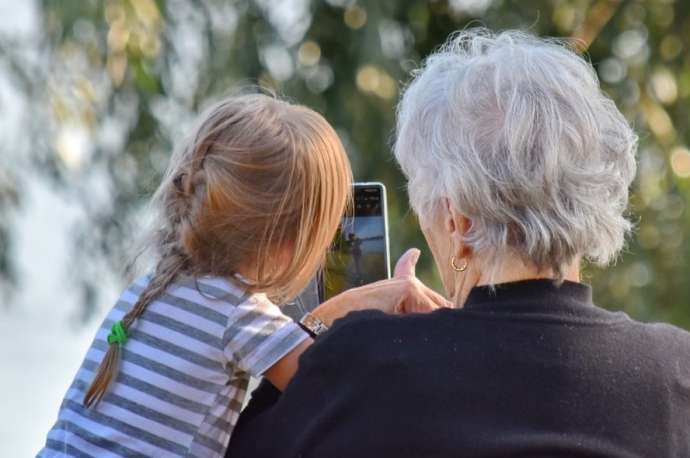STA, 6 March 2020 - There seems to be a wide gap in how young and old generations of women in Slovenia perceive gender equality and their own position in society, a series of short interviews conducted by the STA before the International Women's Day has shown. Headlined Generation Equality, Women's Day will be observed around the globe on Sunday.
Older women believe women today have it easier, while young women feel like equality today is only skin-deep and that in reality they still face many obstacles and prejudice in their everyday lives.
"On the one hand, [we are told] to get as educated as possible and to build successful careers, but at the same time we are not supposed to neglect duties expected of us as partners, mothers and homemakers," Zala, a medical student, said.
"The attitude of men toward women is often patronising," she said, adding that this makes women more self-critical and less confident in their abilities, and it also makes them feel like they are not being heard.
The patronising and degrading attitude is so deeply ingrained in society that even women have a hard time identifying it, said Zala, adding that women are used to hearing jokes and remarks about their appearance, work and behaviour.
Meanwhile, Vikica Temnikar, a retirement home resident in Črneče near Dravograd, told the STA that she had always felt that women and girls were respected.
The plant she worked at organised a special programme for women every 8 March, they received flowers and danced, said Temnikar.
However, she believes it has always been and always will remain important how each individual woman does for herself and that they always had to endure a lot.
Temnikar believes that women have more power now and there are more jobs available for them. "Of course they have to work. It's exhausting, but at least they have a bit more power and independence."
Another retirement home resident, Monika Gornjec also believes that women have it easier today because they have more courage. She said she never felt unequal compared to men, but she said she observed inequality of women in Switzerland where she worked for 14 years.
Marina, a student at the Ljubljana Faculty of Arts, was critical of older generations who often advise young women to be patient and ignore degrading and sexist remarks. She believes that this is the wrong thing to do and that it would only ignore the problem instead of addressing it.
Ana Pavlič of the Institute for Gender Equality Studies said that women today are under pressure to be perfect mothers, partners and accommodating workers. "Under such pressures it is harder to detect attempts to undermine our rights and the emergence of new discriminatory strategies that aim to strengthen the gender-based subordination."
Attitude toward women has changed throughout history, she noted. A century ago the women's right struggle focused on suffrage and better work conditions, while "50 years later, the women's rights movement has realised that formal and legal equality does not amount to actual gender equality, and that reproductive rights and abortion, childcare and contraception must also be addressed," said Pavlič.
"The equality we have achieved so far makes it essential that we are aware of all mechanisms and practices that continue to persuade us in our inferiority and subordination," said Pavlič.
In real life, this means that women have sexual liberty but are still being sexually harassed, Pavlič said. It means that they have equal access to education but their opinions are valued less than that of their colleagues, it means that domestic violence is prohibited but still 50% of women have experienced psychological and/or physical violence by the time they are 15 years old.
The weight of women's opinion in society is a particularly grating issue for many. High-profile events have already made gender parity official policy, but many events for professionals remain almost exclusively male. This has even led to the coining of the term manel - a debate at which panellists are exclusively male.
In response, the Institute for Gender Equality Studies, alongside the UK Embassy in Ljubljana, launched earlier this week a campaign to address another the underrepresentation of women in expert discussions.
Headlined Strokovnjakinje (women experts), the project has set out to draw up the first comprehensive list of female experts from all fields in Slovenia that event organisers will be able to draw on when they select participants for discussion.
Gender Equality Relatively High in Slovenia, But Significant Issues Remain






